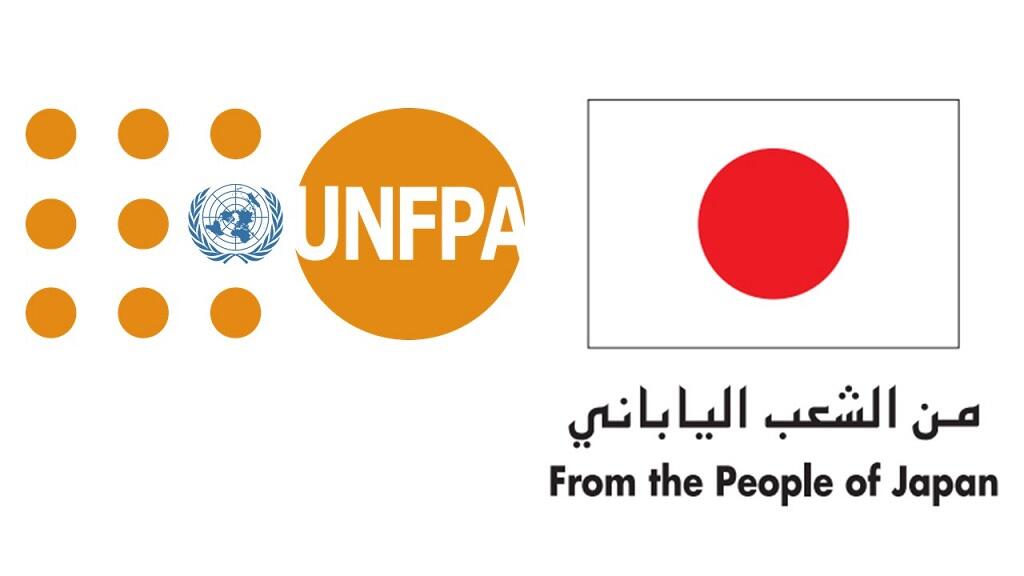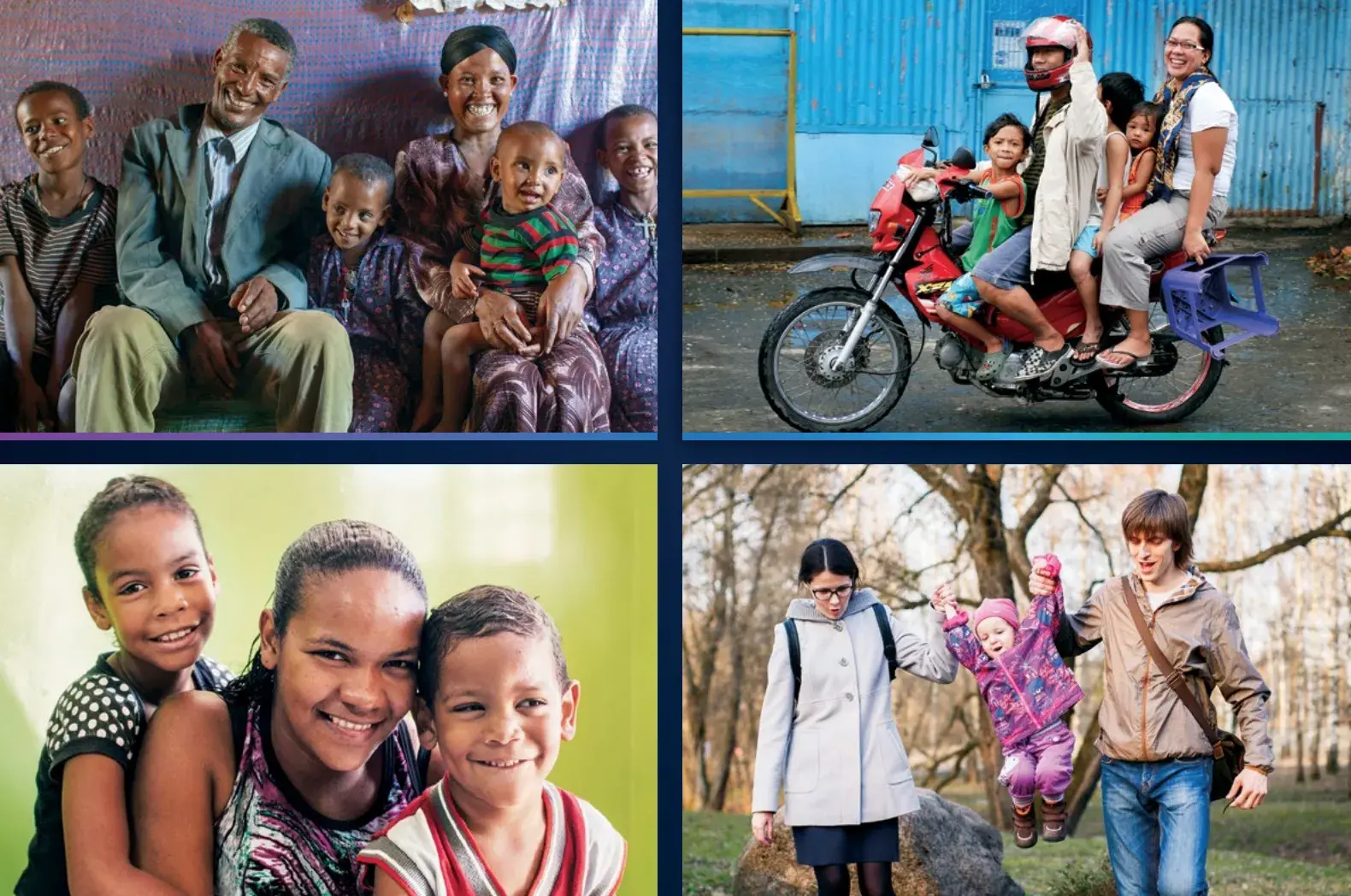Tripoli, 6 April 2021 – The Government of Japan has provided UNFPA with USD 1.3 Million to support national efforts for protecting the health and dignity of women and girls in most vulnerable and marginalized communities in Libya. The project launched on April 1st, 2021 is primarily focused on addressing the challenges related to gender-based violence (GBV) and lack of sexual and reproductive health (SRH) services aggravated further by COVID-19 pandemic in the country.
The humanitarian crisis, armed conflict, protracted instability, and COVID-19 pandemic in Libya have disproportionately impacted on the lives of women and girls in Libya, resulting in deaths, injuries, displacement and exposure to violence, including sexual violence. Movement restrictions, curfews, closures of services and limitations in social contacts led to a stark increase of GBV risks and risk of not receiving timely care. Reduced access to reproductive health information and services increased the risk of morbidity and mortality among pregnant women in the country and increased risky behavior, especially among youth.
“The Government of Japan stands with the people in Libya in their pursuit for a lasting peace and stability. We are looking forward to working with UNFPA, Libyan institutions, health professionals, civil society, and local partners as per our commitment to a world where women and girls live healthy lives with full dignity. By virtue of the project, Japan and UNFPA will work for the increased access to essential GBV response and SRH services in Libya for women and girls especially in the wake of COVID-19,” says Mr. Masaki Amadera, Charge d’ affaires of Japan to Libya.
“We greatly value the support of the Government of Japan and its people for the Libyan women and girls to increase their access to quality reproductive health and GBV-responsive services . In these times of transition from protracted conflicts to peace and stability in Libya, the project could prove to be instrumental in supporting vulnerable women and girls’ access to health and GBV services and to mitigate the effects of COVID-19. I am hopeful that our partnership will go a long way in lessening the suffering of the Libyan people.” Says Mr. Asr Toson, UNFPA’s Country Representative in Libya.
The project focuses mainly on two components: under the GBV response, it aims to provide high-quality, multi-sectoral services including psychological support, case management and referrals for healthcare, maintain Women and Girls Safe Spaces, build the capacity of service providers and raise awareness.
For provision of essential SRH services, the project aims to support mobile teams to provide Emergency Obstetric and Newborn Care services in health facilities located in areas affected by the conflict and COVID-19, procure and distribute medical equipment, consumables, and clean delivery kits in targeted health facilities, build the capacity of health service providers, train frontline health workers on COVID-19 prevention, response and risk communication during pregnancy and motherhood and conduct awareness raising activities on available SRH services and COVID-19 risks and prevention measures.
For more information, please contact
Salman Khalid, UNFPA Communications Analyst: ksalman@unfpa.org




